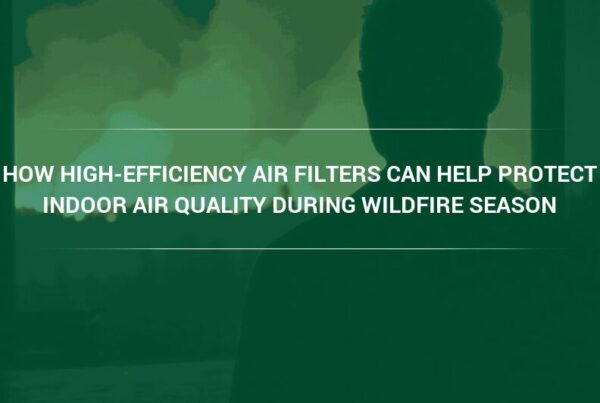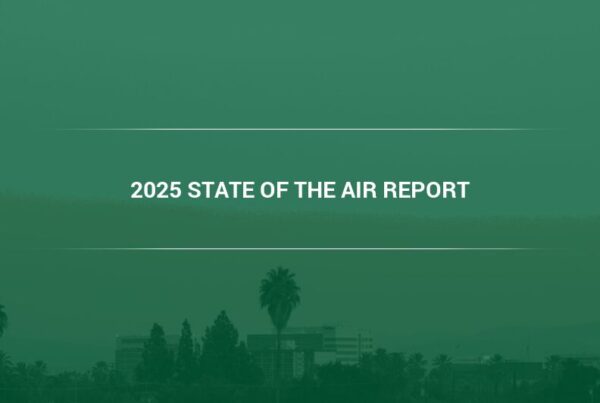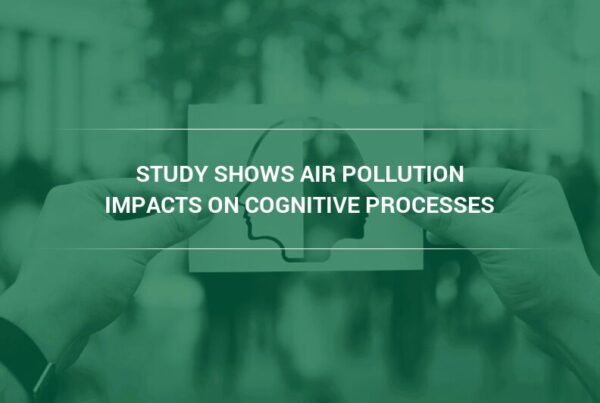Throughout the world, the lack of clean air is causing a health crisis that will only get worse if leaders do not make improving this problem a priority. Scientists have found that air pollution in the world’s major cities is getting worse every year and that the urban areas most affected are often in underprivileged countries where healthcare is not ideal.
“What we are seeing is that there is a direct link between bad air pollution in major metropolitan areas and the lack of healthcare infrastructure to mitigate the effects of poor air quality,” stated says Kevin Wood, Vice President Sales & Marketing
at Camfil USA. “As a result, we’re seeing an increase in serious health issues such as lung disease and cardiovascular disease that is linked to the lack of clean air in these cities. This is an under-reported crisis that will only worsen if solutions are not found to decrease outdoor air pollution and to eliminate harmful pollutants indoors.”
Recent Air Pollution Statistics
Per an article on the World Economic Forum website, (1) air pollution has increased by eight percent throughout the world over the past five years, and the World Health Organization (WHO) estimated that pollution caused millions of premature deaths each year.
Furthermore, from 2011 to 2015, 98 percent of cities throughout the world with more than 100,000 residents in low income and middle-income countries failed to meet the baseline WHO air quality standards.
The problem is that as the economies in more cities throughout the world continue to grow, there is a corresponding increase in the number of industrial processes as well as the number of vehicles on the road.
And vehicle exhaust and smoke and emissions from factories and power stations are two of the biggest contributors of harmful airborne particulates.
Even more concerning was the fact that the 20 most polluted cities in the world are in only eight countries: Nigeria, Pakistan, Iran, Saudi Arabia, India, Bahrain, Afghanistan, and China.
Many of the cities with the worst air pollution have burgeoning economies that are creating industrial pollution that is difficult to control. And without a comprehensive clean air strategy, pollution will continue to worsen and negatively impact the environment as well as the health of urban residents.
Treating Clean Air As a Human Right
One of the paradigm shifts that need to occur throughout the world is that leaders must treat clean air as an essential human right. Too often, residents of poorer countries are forced to live in communities in which the air quality is dangerous enough for residents to wear masks.
But you may still be asking yourself this question: Why should we care about clean air?
The answer is found in the basic assumptions we make about what people need to survive. In developing countries, the most vulnerable population groups are children and the elderly. They are vulnerable physically, but they are also vulnerable because their immune systems are not fully developed, or are weakened due to aging.
Per the WHO Media Centre(2), the particulates in air pollution kill more than two million people each year. The WHO defines “pollution” not simply as outdoor air quality, but also the quality of air indoors.
The WHO has also identified PM10 particles – which are particles of 10 micrometers or less in diameter – as especially dangerous, because they can:
“Penetrate into the lungs and may enter the bloodstream, can cause heart disease, lung cancer, asthma, and acute lower respiratory infections.”
And more importantly, the WHO has found that “Women and young children, who spend the most time near the domestic hearth, are particularly vulnerable. More than 50% of pneumonia deaths among children under 5 is linked to household air pollution.” (3)
In fact, the WHO linked four million premature fatalities among children and adults to household air pollution in 2012 alone.
Camfil’s Commitment To Providing Clean Air
Camfil has spent more than 50 years developing air filters that can help significantly improve indoor air quality in commercial industries. Clean air is a human right because it is essential for life. The first thing a newborn does is gasp for that first inhalation of air.
But as outdoor air pollution grows worse, indoor air quality is also compromised. Studies have shown that indoor air can be three or four times more polluted than the air outside.
Camfil’s “Take a Breath” campaign was born out of a desire to raise awareness about air quality to help spur global initiatives to reduce indoor and outdoor air pollution.
Please visit our website to learn more about how Camfil is providing resources and air filter devices to help eliminate particulates that are harmful to human health.
SOURCES
1.https://www.weforum.org/agenda/2016/05/which-are-the-world-s-most-polluted-cities/
- http://www.who.int/mediacentre/news/releases/2011/air_pollution_20110926/en/
- http://www.who.int/features/qa/indoor-air-pollution/en/
Lynne Laake
Camfil USA Air Filters
T: 888.599.6620,
E:Lynne.Laake@camfil.com
F: Friend Camfil USA on Facebook
T: Follow Camfil USA on Twitter
Y: Watch Camfil Videos on YouTube



